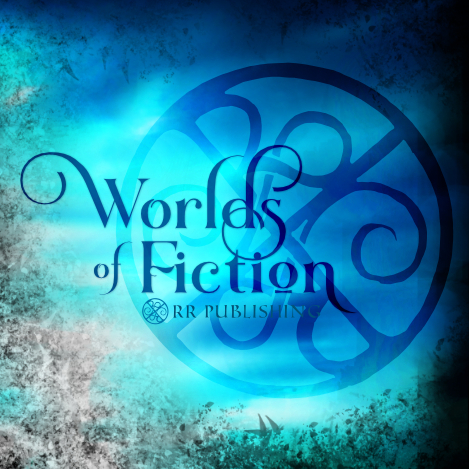I’m so pleased to introduce you to one of my blogging friends who is also pursuing a career in the writing world. Steven Capps is insightful and straightforward in the information and advice he shares on his blog, so make sure you click here to check it out!
Today, Steven is going to share some helpful ways magic can be used in writing to create awe, fear, wish-fulfillment, or other emotional connection within your reader all while using his good sense of humor to engage our minds. So, without delay, let’s hear from him!
Hi there. My name is Steven Capps, and I am a terrible writer. Given that fact, I will admit that I try fairly hard to suck as little as I possibly can, so I will do my best to make sure this is error-free before it gets published. Just in case there are still mistakes, please feel free to send me a strongly worded letter, curse me and my lineage, or leave a comment at the bottom.
Speaking of curses, the topic of this post is centered on magic. I generally use magic within my written work. (I know. I’m one of those uncultured fantasy swine. I’m pretty sure the proper retribution for this crime is something between a raise of the nose and the scouring of my homeland.) Even though I’ve met soup with better linguistic abilities than me, here are some ideas that you could use the next time you decide to write something with magic.
· Know the Purpose. Is your magic supposed to be amazing and make people wish they could do it? Is it supposed to be terrible and incite fear? Magic shouldn’t just be thrown in because you need to answer a problem (deus ex machina [an unexpected power or event saving a seemingly hopeless situation, especially as a contrived plot device in a play or novel]) but rather to show character, conflict, or setting. The best kind of magic shows all three.
· Find causation. Your magic will be much more memorable if you can take simple concepts and draw them to fantastic and creative solutions. Yes, you could make a wizard destroy his foes by exploding their brains. You can justify this by saying, “it’s freaking magic and he can do what he wants,” or you could make the wizard superheat the water in their enemy’s body until it turns to steam. Both achieve the same results, but the latter is a bit more creative and will likely stand-out more to a reader.
· The bigger the problem, the more they have to do to solve it. It is important not to make your characters rely on magic to solve every problem, or if they do use magic a lot, try to find ways that the magic has unintended consequences. The goal of this concept is to keep the tension in your story high.
· Use magic to create conflict. I believe this should go for almost everything in a book, but use your magic to enhance the conflict of the story. In Robert Jordan’s Wheel of Time, the only person who can defeat the primary antagonist is a male magic user, but whenever men use magic, they go insane. The magic adds an extra conflict to the story and helps it be memorable.
Honestly, there is a lot more to magic than I have the skills to cover. (For the record, I initially tried to type this post on my microwave. Like I said, I’m a terrible writer.) If you are still interested in this topic I would recommend Brandon Sanderson’s Three Laws of Magic Systems. It is a short set of essays on magic, and I think they are an incredible resource.
Thanks again to Rachael for letting me post this for you all, and if you haven’t followed her page, you are missing out. She is a wonderful writer and a gracious host. Thanks again and I look forward to talking to you in the comments.
Steven Capps lives in IL. He’s pursuing a bachelor’s degree in English: Writing. His short story “Eevee” was published in the Fall 2015 issue of The Bird & Dog. When he is not playing with his newborn son or serving in the Illinois National Guard he finds himself lost in a book or trying to create one that others can get lost in. You can find his blog on writing at stevencapps.wordpress.com.
If you’re curious to know more about ‘deus ex machina’ click here for more on that from K.M. Weiland’s Helping Writers Become Authors.
Thank you for taking the time to put together this helpful post on using magic in our writing, Steven. Everyone already knows I write fantasy, so I also agree on how important it is to keep it within the bounds of the fiction’s reality and not use it for a bandaid to fix plot holes or save the story’s weak ending. This is great info!
If you haven’t done so, make sure to head over to Steven’s blog and connect with him on a more personal level. He’d love to have you stop in!

Please leave a comment, question, or idea! I’d love to chat!